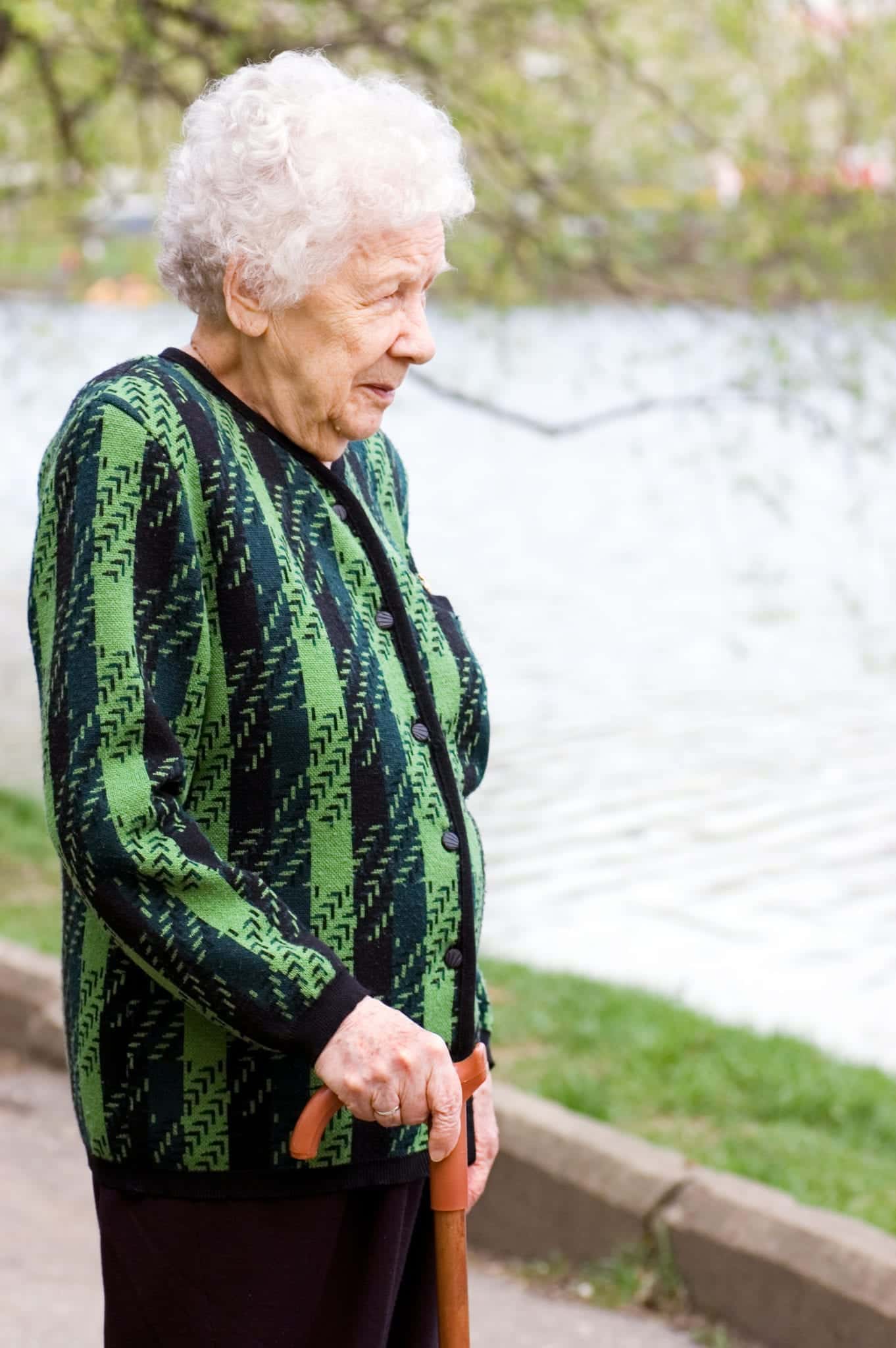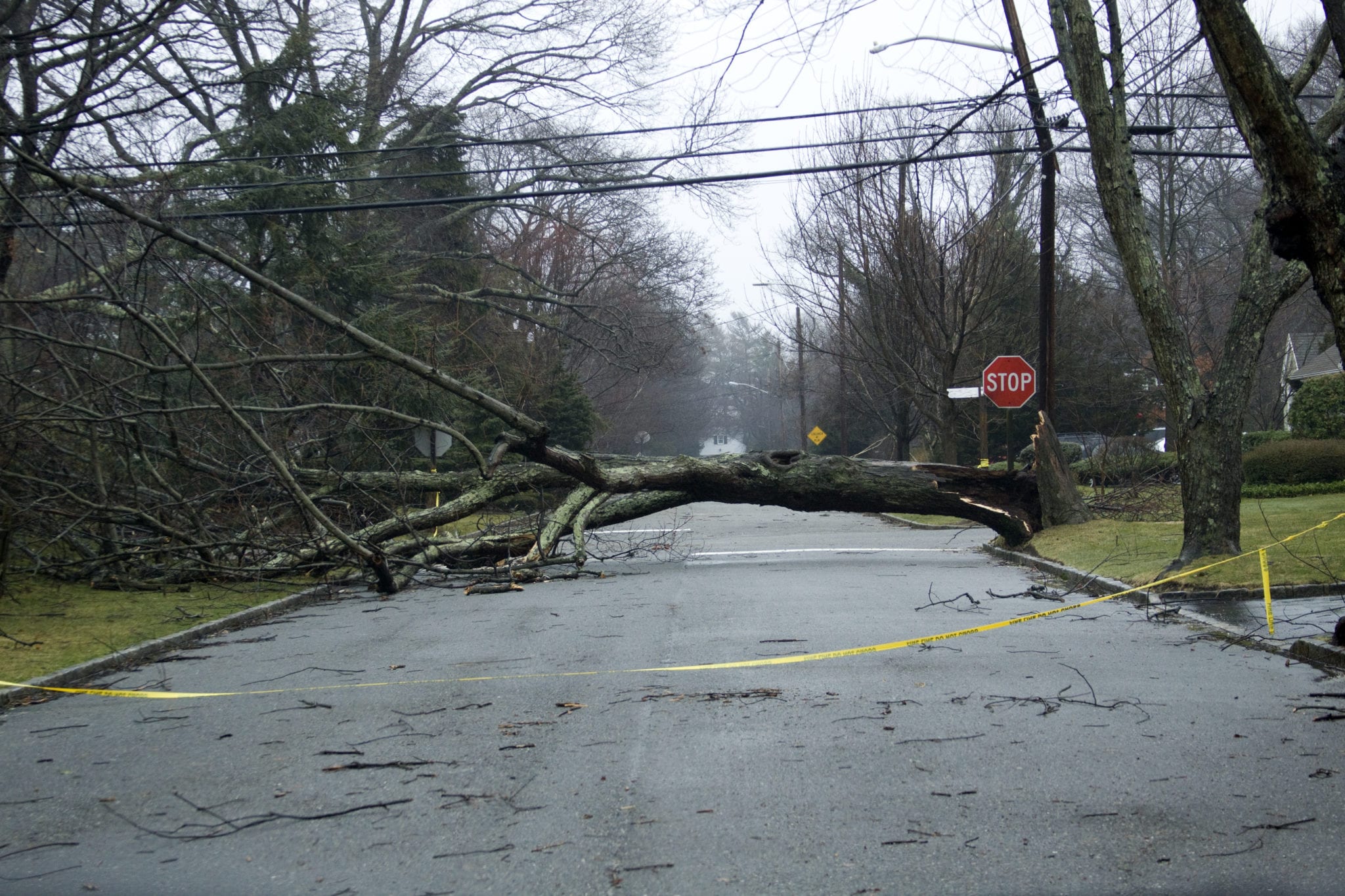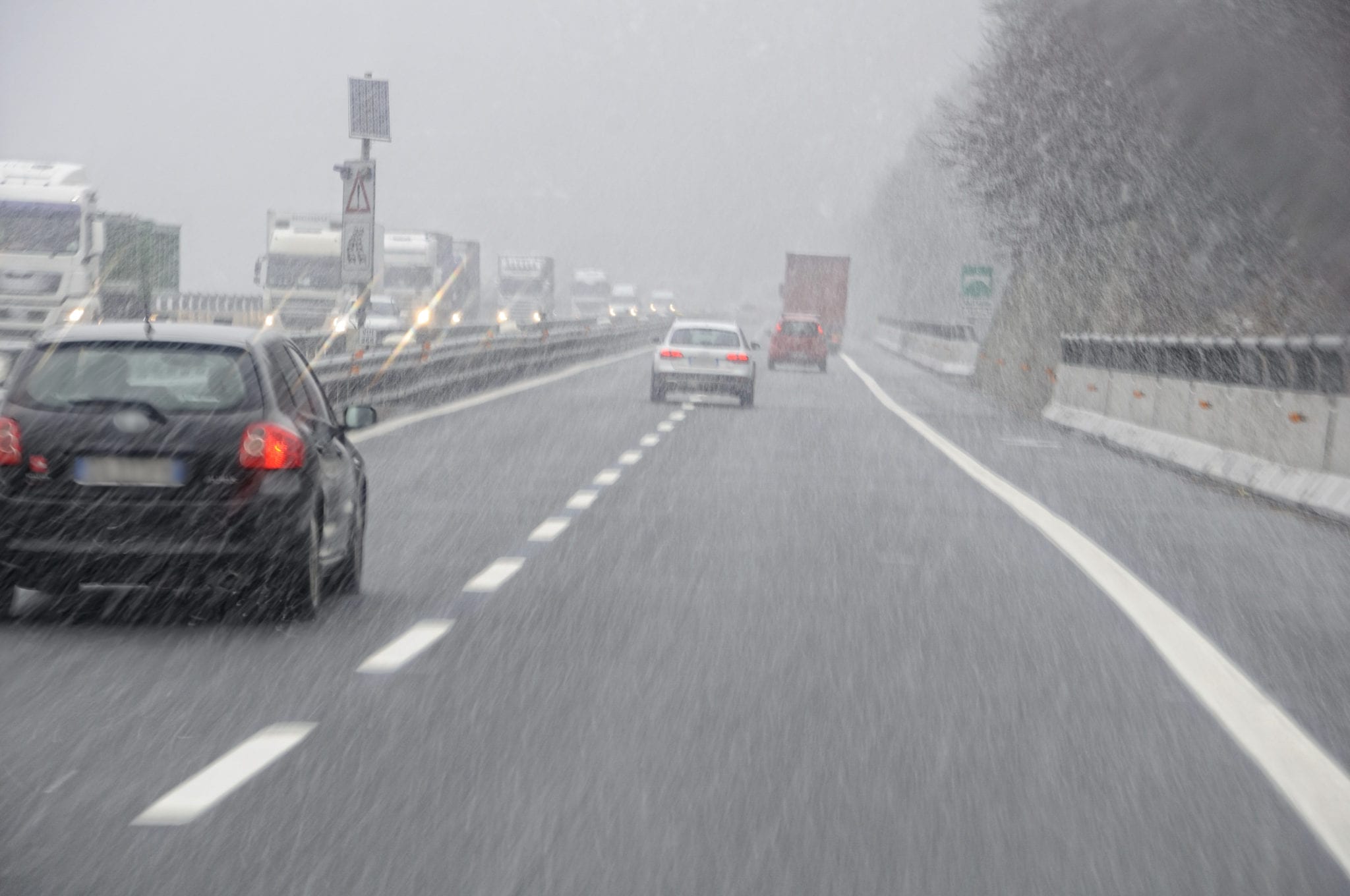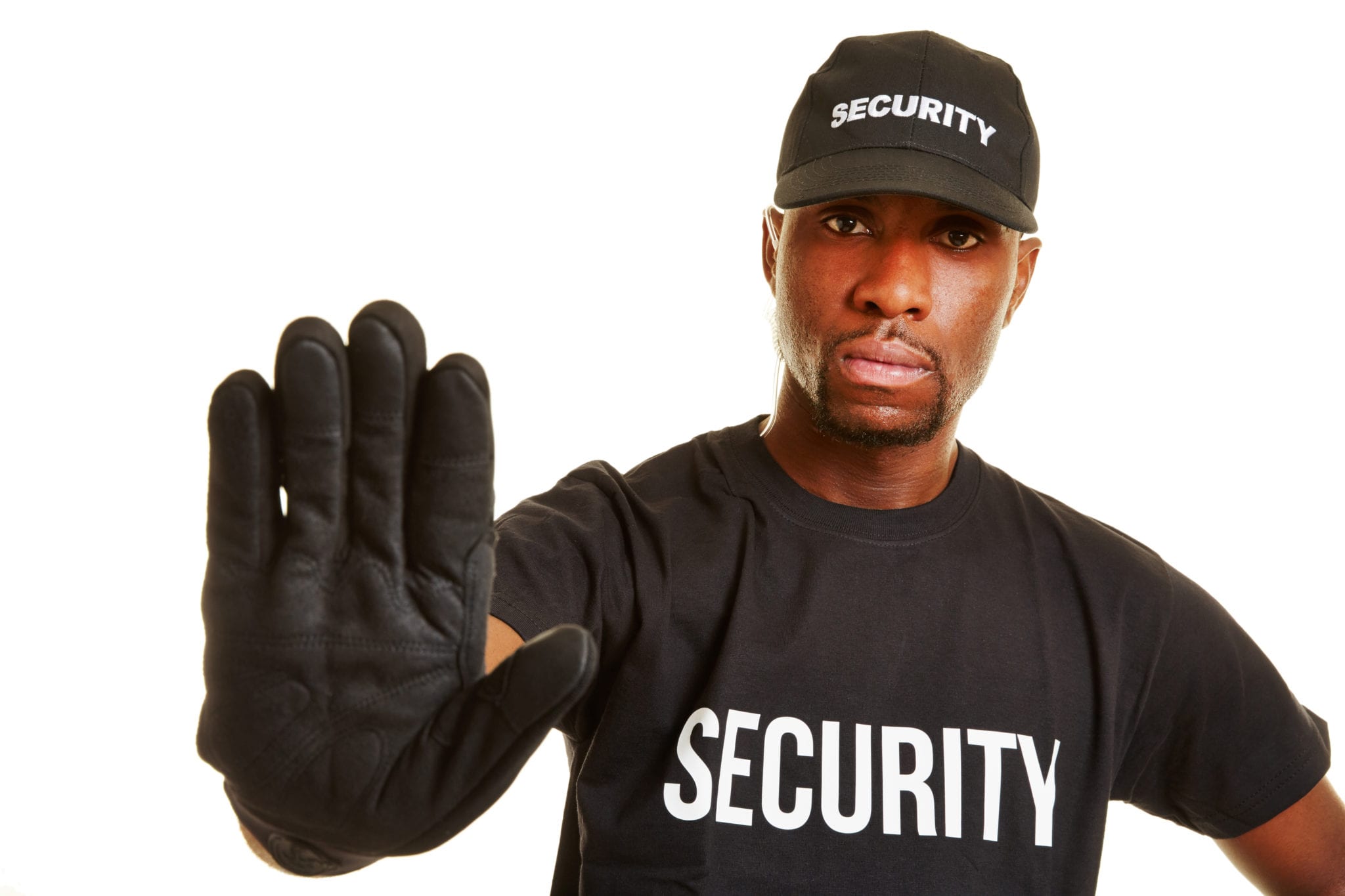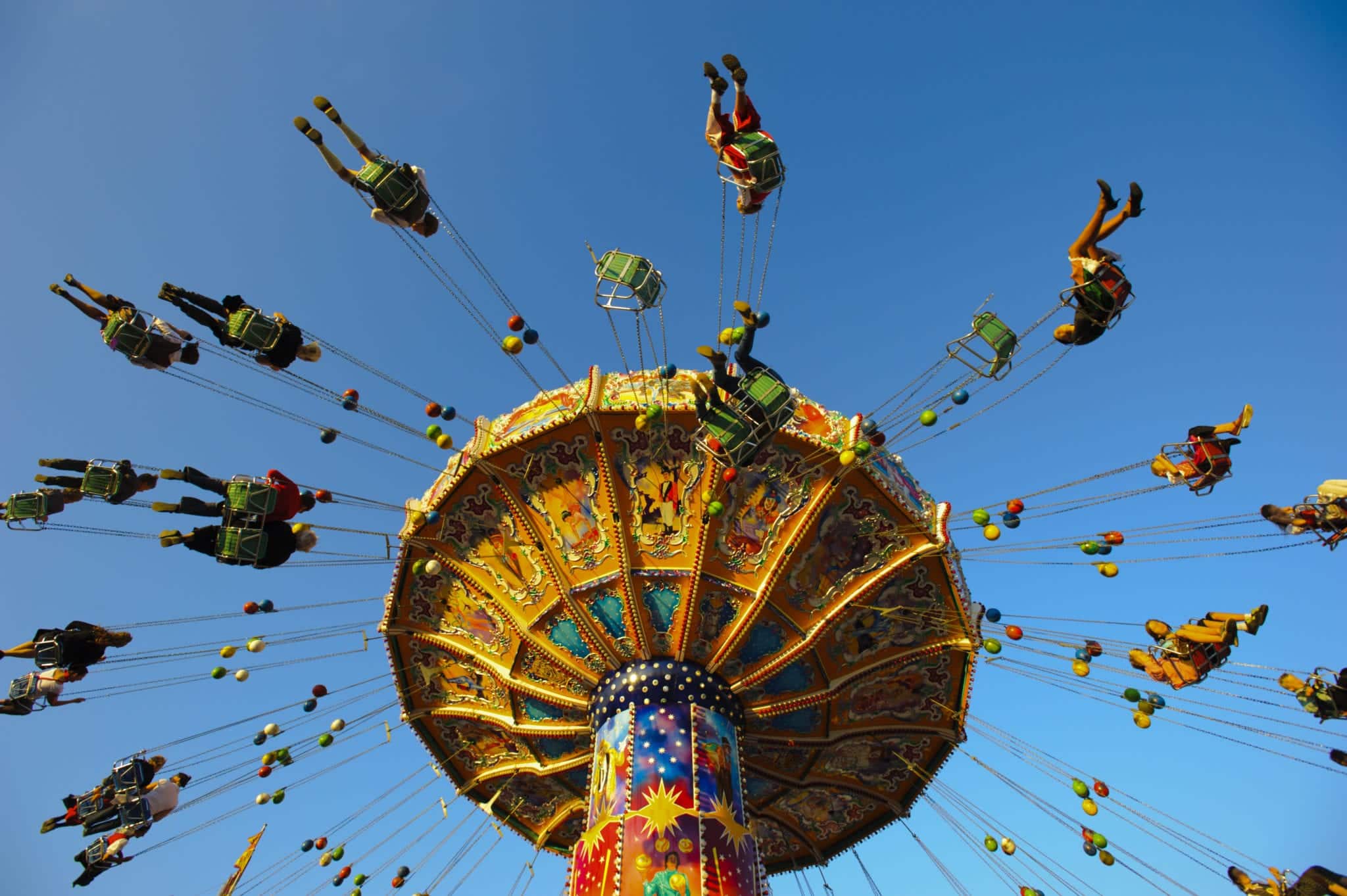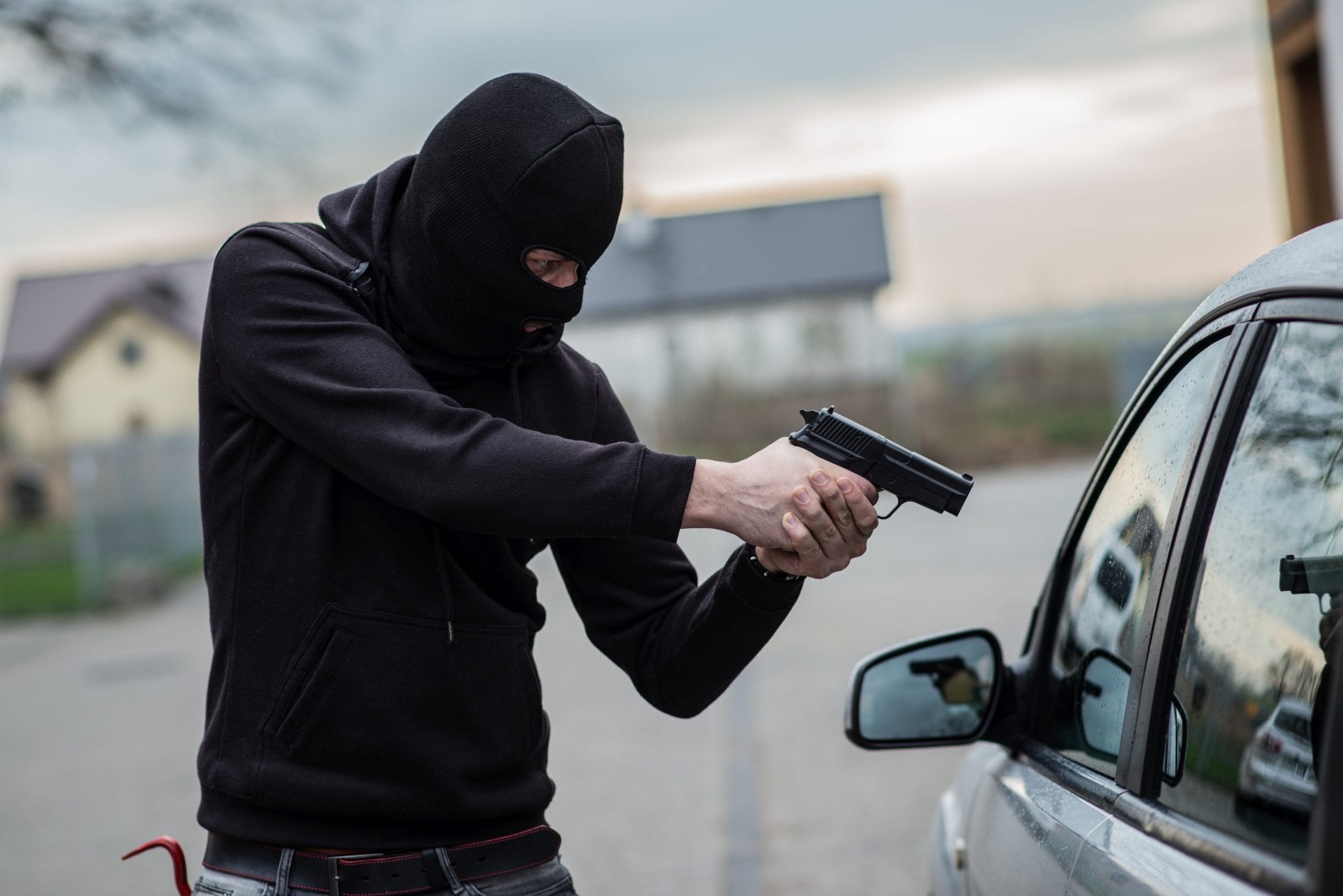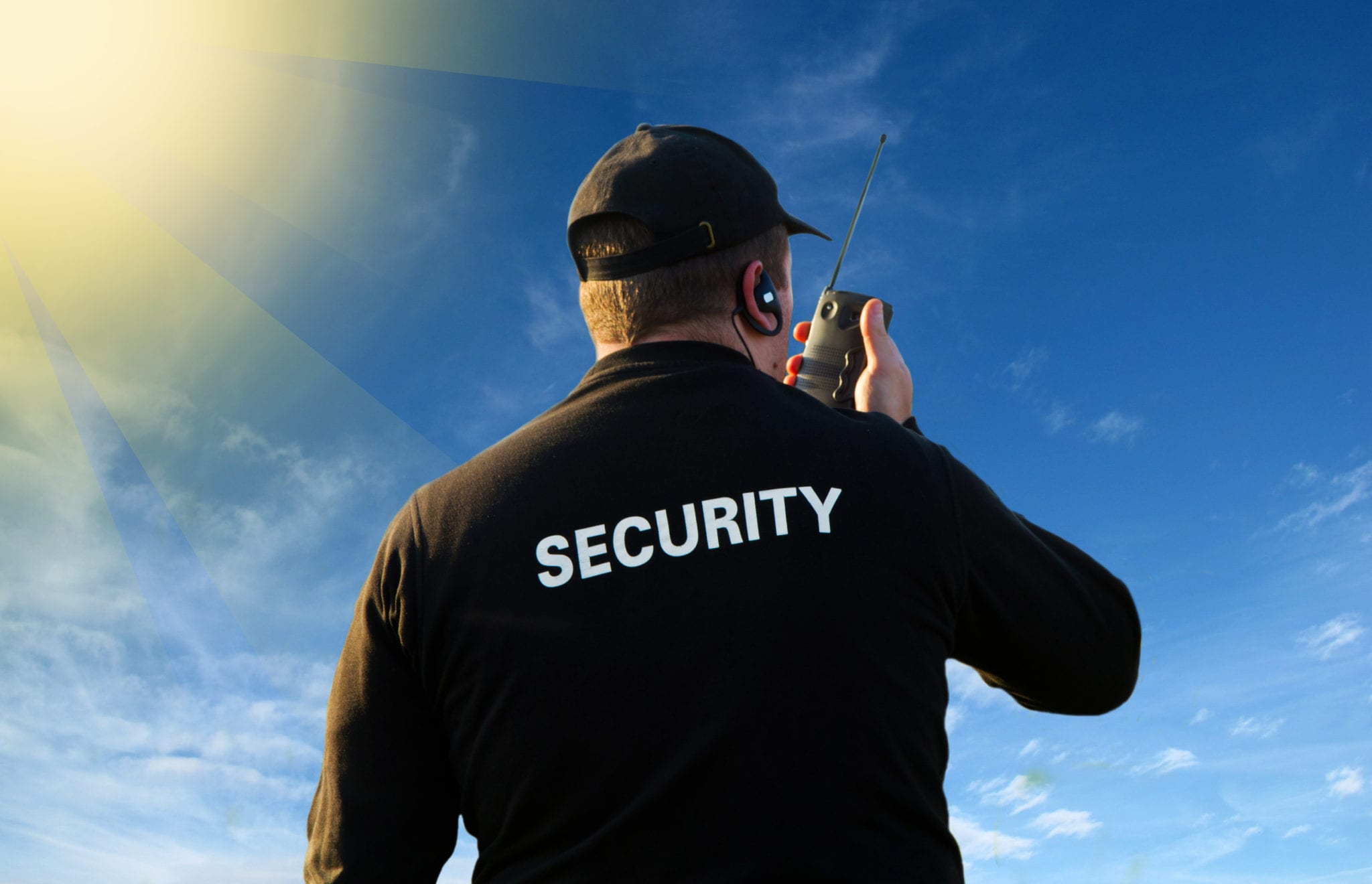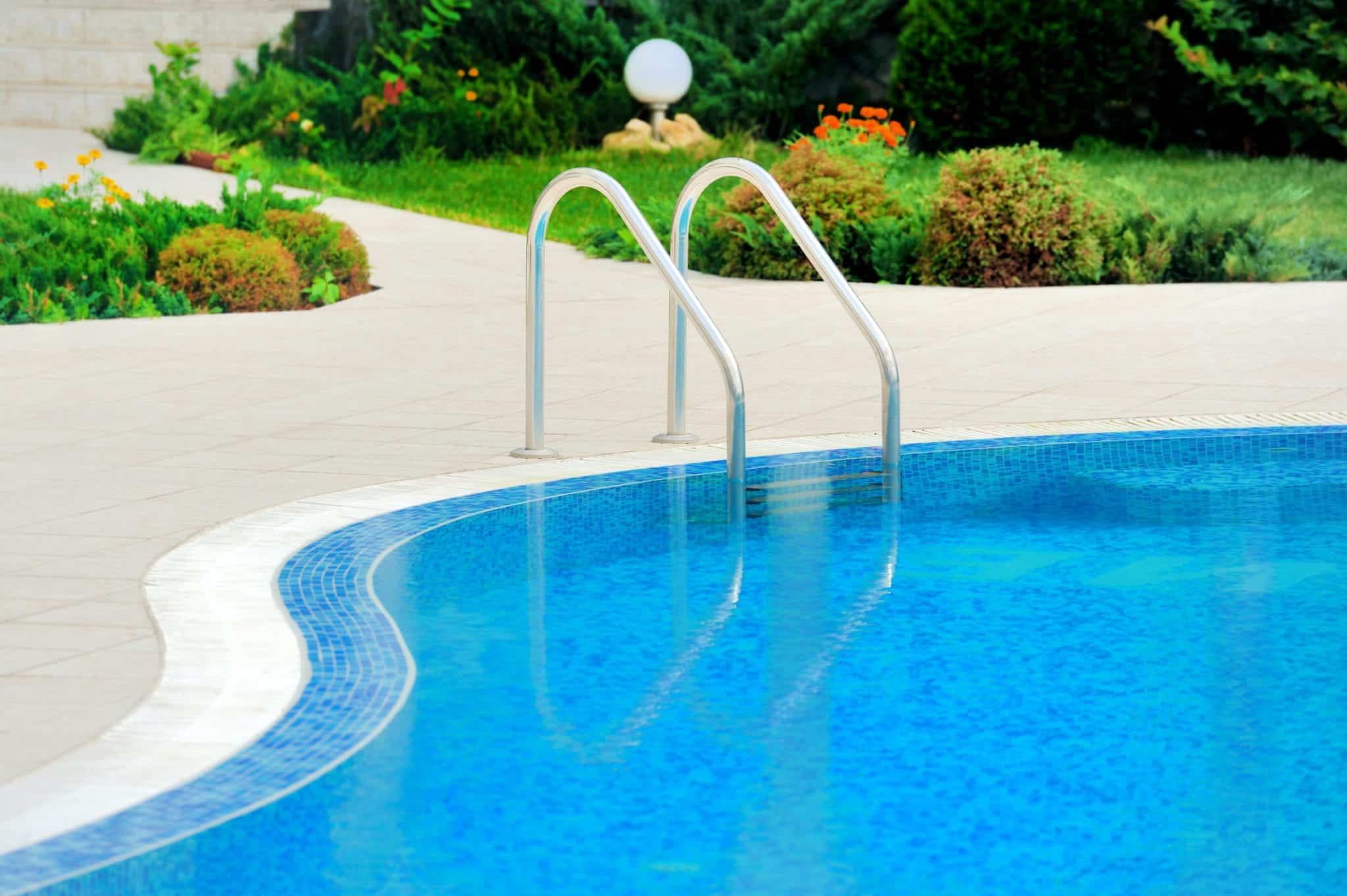A trip to the playground can be the highlight of a child’s day. Enjoying the slides, jungle gyms, swings and sandboxes are all things that we, even as adults, look back on with joy and nostalgia. Watching our own children enjoy these same things is one of the little things in life that we all love. And with newer materials being used for playgrounds across the United States, playscapes are getting larger and larger, and include more and more features that adults look at with envy.
Unfortunately, engineers often focus more on shock and awe and sacrifice critical safety factors that are essential for playground equipment.
Town Spends Millions Upgrading Playground
In Australia, the local Salisbury Council decided to spend an exorbitant amount of money to upgrade its local playground in nearby St. Kilda. They voted to spend $3.5 million to make it “the best playground in the state of South Australia.” Out of this $3.5 million, $600,000 was allocated to building a pair of impressive slides, made out of metal, that brought riders from the upper levels of the playground’s building to the ground below. One of them included a descent of 51 degrees.
Serious Injuries Cause Playground to Shut Down Its Slides
Soon after opening late last year, the Salisbury Council shut down the slides on the playground after numerous reports of serious injuries on them.
Riders regularly experienced serious burns from the metal slides, as a result of the heat from the surface of the slide, warmed by the sun, and the friction from the speeds attained on the steep descent. Even worse, numerous riders, including children, said that they broke bones both during the slide down, when their legs or arms caught on protruding parts of the slide, or when they were ejected from the end of the slide and hit the bottom platform.
Premises Liability Laws Should Prevent This From Happening
When someone – even the state government – allows people to use their property for their enjoyment, they are supposed to take reasonable care to ensure that everyone remains safe. This includes fixing any dangerous conditions on the property, or warning people of dangerous conditions that result in injury.
Dangerous slides on a playground are a prime example of the sort of condition that premises liability is aimed at preventing.
Premises Liability Attorneys at Williams Elleby Howard & Easter
Going onto someone else’s property – especially when it is held open for the public’s use should not be a dangerous endeavor. You should be able to rest assured that your children will not be injured while you are there.
Unfortunately, this is not always the case. Luckily, Lawyer Joel Williams can help you understand your legal options if your child is hurt. Call today at 833-LEGALGA.


